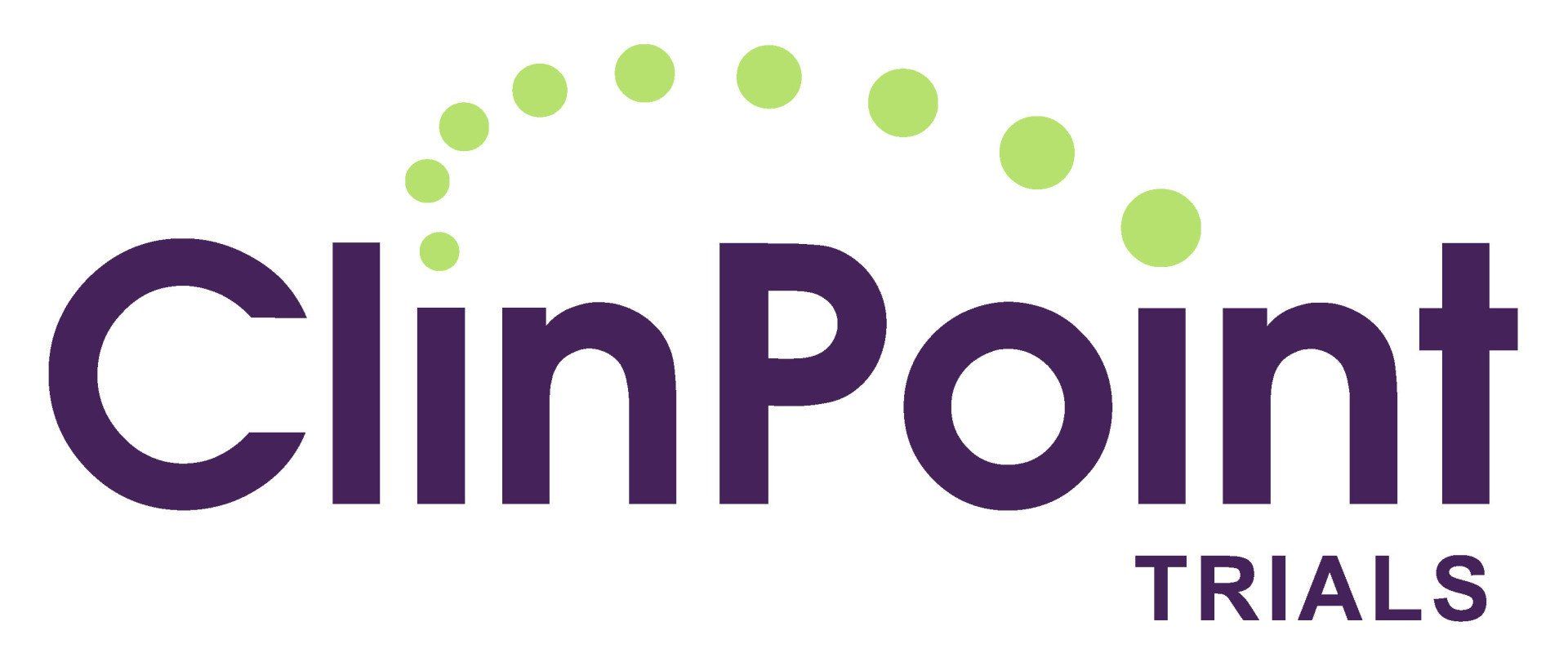FEATURED ARTICLES

“I’ve got another migraine this morning and too many things to do today.”
“My shoulder is so sore after my son’s first baseball practice yesterday.”
“My back hurts from moving all those boxes yesterday.”
We’ve all said something like this before. Sometimes we just power through without needing to take something to help with the pain. But sometimes taking something over-the-counter (OTC) to help is best. But what can I take? What should I take?
A general pain reliever and fever reducer such as Tylenol is a common option. The generic is called acetaminophen. It’s available for all ages- children through older adults. It can help with pain and fever. For example, strep throat can cause throat pain and fever making acetaminophen a great option for treatment.
Another OTC option for pain is something like Advil or Aleve. These belong to a class of medications called NSAIDs (NonSteroidal Anti-Inflammatory Drugs). Advil and Motrin are brand names for the generic ibuprofen. Aleve is the brand name for naproxen. Similar to acetaminophen above, this NSAID group can treat pain and fever. Since inflammation is a trigger for pain, this medication group can also provide inflammation treatment when used more consistently over several doses or days.
Aspirin is also a medicine in the NSAID group. However, aspirin commonly has more interactions with other medicines you may take, may have the undesirable effect of thinning the blood (cause longer bleed times or make bleeding ulcers worse as examples), and should not be used with children unless specifically directed by a healthcare provider.
Aways be careful about combination products that may have a pain reliever included such as Excedrin Migraine as it already contains acetaminophen and aspirin. Make sure to follow labeled directions and do not go over the recommended 24-hour maximum dosage. Some NSAIDs such as ibuprofen and naproxen have different dosing strengths and schedules, so they should not be interchanged. Your medical history such as heart disease, ulcers/heartburn, kidney disease, or liver disease can affect which pain reliever is safest for you. For example, someone with liver disease may be instructed by their healthcare provider to avoid acetaminophen. Be informed! Always read the label and address any questions with your healthcare provider.
And don’t forget about other ways to combat painful ailments. With migraines for example, take a team approach by considering cold packs to the head area, warm shower to neck muscle area, restful regular sleep, relaxation/stress reduction techniques, regular exercise, minimizing eye strain (healthy electronic/phone use), regular meal schedule, and moderating caffeine intake.
If you suffer from pain due to migraines, consider participating in one of the current migraine studies at ClinPoint. Click the CURRENT + UPCOMING STUDIES for more information on our migraine and other studies we have.














